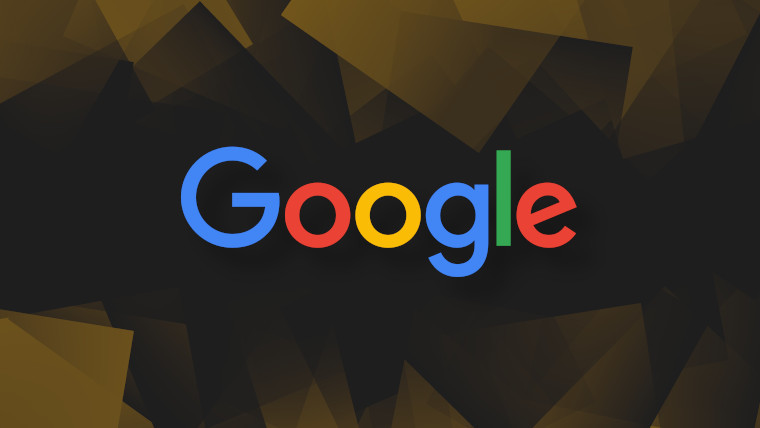François Chollet, an AI pioneer and creator of the Keras framework, has announced that he’s leaving Google to co-found a new company, although he hasn’t shared specific details yet. In his parting message, Chollet assured that he would still be active with Keras and participate in its development on GitHub. His successor, Jeff Carpenter, will now lead Keras at Google, and Chollet expressed his full confidence in the team’s future direction.
Some personal news — I’m leaving Google to go start a new company with a friend. More to be announced soon!
I will stay deeply involved with the Keras project from the outside — you’ll still find me active on the GitHub repo! At Google, I’m leaving the project in excellent… https://t.co/h0O2SeAm61
— François Chollet (@fchollet) November 14, 2024
Keras has come a long way since Chollet released it in 2015, initially as a high-level neural network API meant for simplicity and accessibility. Keras quickly gained traction in the AI community for its user-friendly Python interface and compatibility with frameworks like TensorFlow, simplifying machine learning model building for developers across various levels.
Google also responded to the announcement by praising Chollet’s influence on machine learning and AI development. In their statement, Google reaffirmed their ongoing commitment to Keras and mentioned plans to further enhance Keras 3, which was launched last year with significant updates, like multi-backend support. The release of Keras Hub also signals Google’s push to make advanced AI tools more accessible and scalable for developers.
Chollet’s move to leave Google follows the trend of top AI talent leaving the Mountain View giant to pursue other ventures. Last year, Geoffrey Hinton, known as the “Godfather of AI,” also left Google after nearly a decade. He wanted the freedom to voice concerns about AI’s rapid development and potential risks. Hinton, who had helped shape modern AI, admitted he felt uneasy about how advanced the technology was getting, fearing a lack of oversight and regulation. He said Google had “acted responsibly,” but still felt the need to speak out independently.











